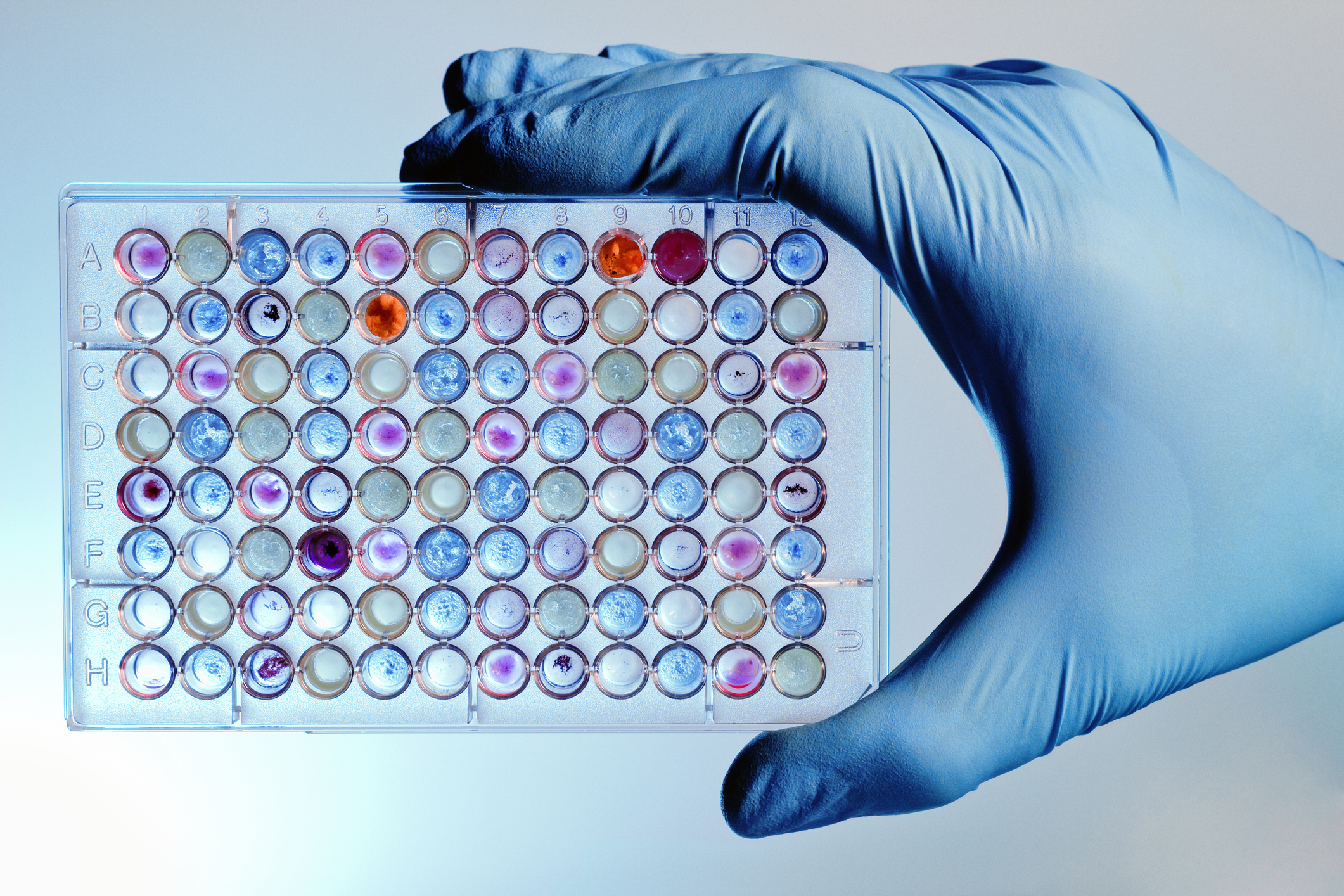Chronic inflammatory processes of the musculoskeletal system within the framework of immune-mediated diseases can cause severe damage to joints, muscles and/ or tendons. Approximately 8% of the world's population is affected; in the German-speaking world alone, more than 5 million people suffer from immune-mediated diseases.
Rheumatoid arthritis (RA) is one of the most common chronic inflammatory joint diseases with a frequency of about 1% in Northern Europe. The formation of so-called autoantibodies e. g. against the protein CCP is associated with its occurrence. These antibodies may be detectable years before the onset of the disease.
 Fraunhofer Cluster of Excellence Immune-Mediated Diseases
Fraunhofer Cluster of Excellence Immune-Mediated Diseases
